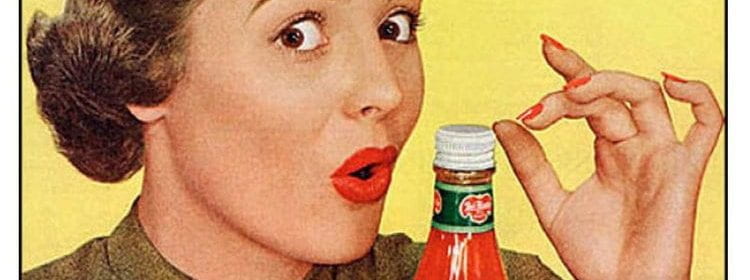Ehud and King Eglon – A Queer Reading
Judges 3:12-30 accounts for the triumph of a Ehud, a Benjaminite, over King Eglon of Moab through an act of deception. However, three distinct elements of this story appear providing a worthy queer hermeneutic. First, Ehud is described as being left handed, a queer characteristic. Second, the word “hand” (yad) itself is open to multiple interpretations including “penis.” Finally, the […]
Read more
